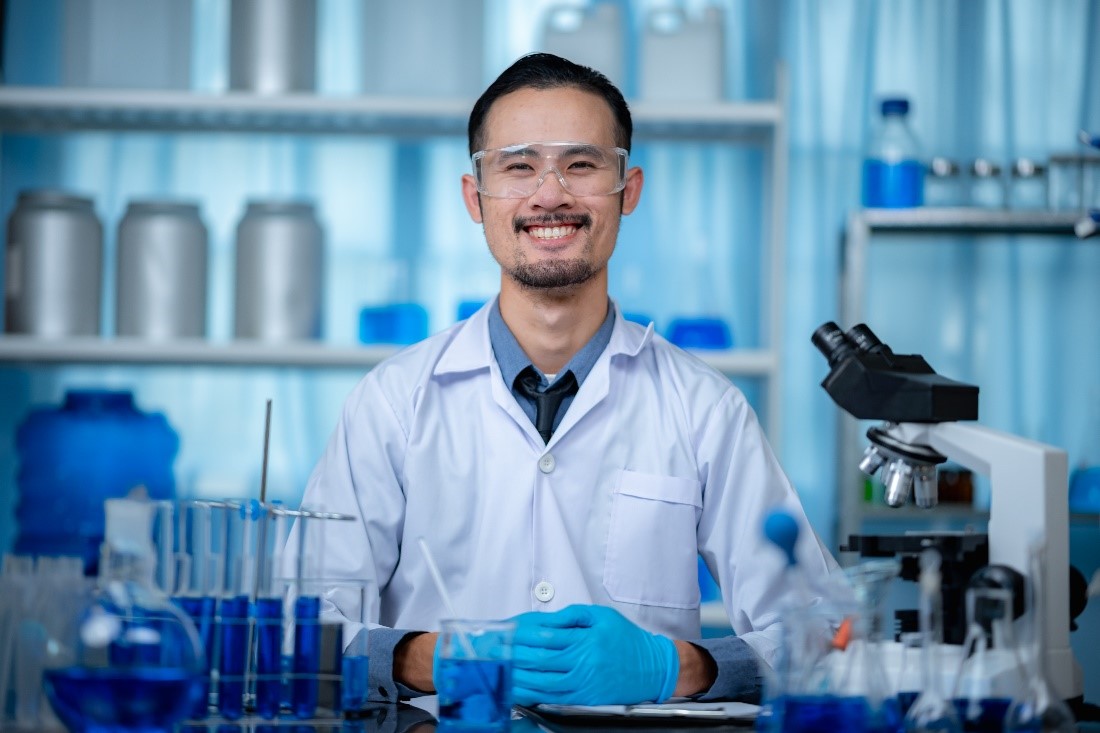The Ultimate House Viewing Checklist for Buyers
06 Jan
Please wait...
02 Nov

Photo: Courtesy of ckstockphoto
In response to the "severe shortage of COVID-19 vaccines in Latin America and the Caribbean" (paho.org), the Pan American Health Organization (PAHO) has launched a collaborative platform to establish regional production of COVID-19 vaccines (paho.com).
So far, only about 23% of people in Latin America and the Caribbean have been fully vaccinated, and in many countries, coverage is much lower (paho.com). For example, just over 3 percent of people have been vaccinated in Guatemala, and a little over 4 percent in Jamaica (nytimes.com).
"The platform will support collaboration across countries and cooperation agencies, applying existing regional biomanufacturing capacity to production of COVID-19 vaccines as well as other medical technologies. The principle is that manufacture should benefit the entire region, with regional pharmaceutical production and distribution of the vaccines by PAHO's Revolving Fund to all countries" (paho.com).
During a recent virtual meeting, PAHO Director Dr. Carissa F. Etienne extended an invitation to public and private manufacturers, asking them to submit expressions of interest in producing the reagents or starting materials for production of an mRNA vaccine, the technology used in the Pfizer and Moderna COVID-19 vaccines (paho.com). So far, over 30 public and private companies and institutions have expressed an interest in helping to bring mRNA technology to Latin America and the Caribbean (pahao.com).
According to Dr. Etienne, limited (global) production and unequal distribution of vaccines in the face of high demand hinder the entire regions' COVID response. "Much of today's vaccine supply remains in the hands of wealthy nations around the world," says Dr. Etienne. "We must expand regional pharmaceutical production so we can be in the driver's seat" (nytimes.com).
Dr. Etienne adds, "But most of all, we have noted the need for coordination, collaboration, investment, and solidarity. We believe [they] will be the essential ingredients for the development and production of new medical technologies in Latin America and the Caribbean" (paho.com).
Sources:
nytimes.com
paho.com